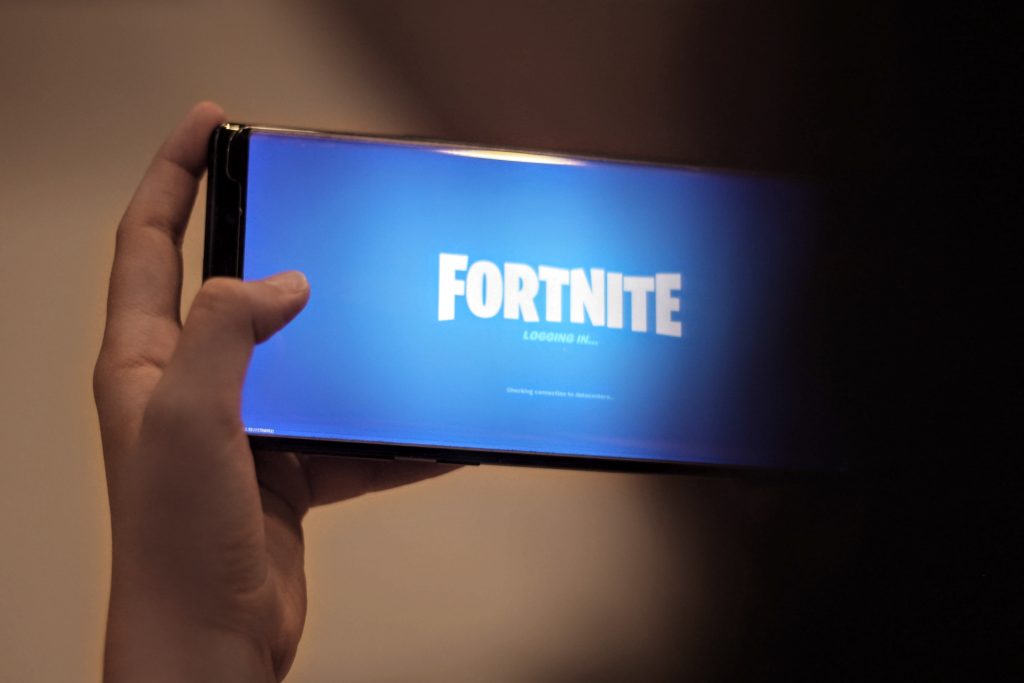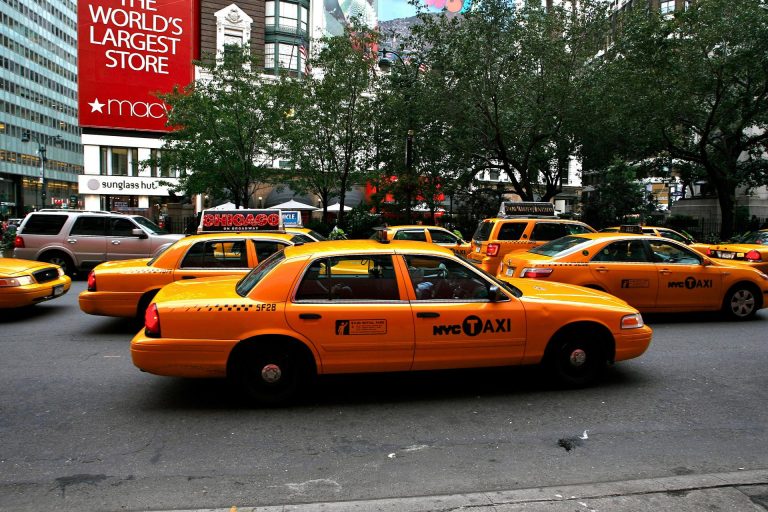Epic Legal Battle

Epic games, maker of the popular video game “Fortnite,” is suing Apple and Google for “anticompetitve conduct.” At the heart of their complaint are the fees charged by the companies for hosting the game in their app stores. Having the game in the app store allows iPhone and Android phone owners the ability to download the game into their cell phones, thus giving Epic Games access to this customer base. In return, Apple and Google charge a 30 percent cut of any purchases made through the app stores.
Being one of the most popular games in the world, with 250 million active monthly users making in-app purchases to upgrade their players and equipment, the 30 percent fee adds up to 100’s of millions of dollars being paid by Epic Games to Apple and Google. In an effort to keep some of that money in their own hands, Epic Games offered their players an opportunity to bypass the Apple App Store and Google Play and make purchases directly through the game’s website for a 20 percent discount. In retaliation, Apple and Google locked Fortnite out of their app stores, which spurred Epic Games’ lawsuit.
Epic Games is arguing that Apple effectively has a monopoly, since the App Store is the only way iPhone users can download and install the game on their devices, and that they are using this power to charge excessively high fees.
In response, Apple countersued Epic Games for breach of contract by violating the terms of the licensing agreement that all app developers must follow to make their apps available in the App Store.
Discussion Questions
- Apple iOS and Google’s Android OS represent a duopoly in the smartphone operating system market. Epic Games complain that two firms’ app stores are monopolies. How is that possible?
- Apple launched their App Store well before Google entered the smartphone market. Google charges the same 30 percent fee as Apple. Explain why Google does not simply lower their fee to lure clients away from Apple.
- A 30 percent fee is a very large share of revenue, particularly for small start-up firms. Why might app developers be willing to pay that to get access to app stores. That is, what value do Apple and Google add that would warrant such a fee?
- If Apple is found to be engaging in “anticompetitive conduct,” as Epic Games alleges, what remedies are available?
Source: Washington Post: “Maker of hit video game ‘Fortnite’ sues Apple and Google after its removal from app stores”, Washington Post: “Apple fires back at ‘Fortnite’ owner Epic Games in a countersuit”













